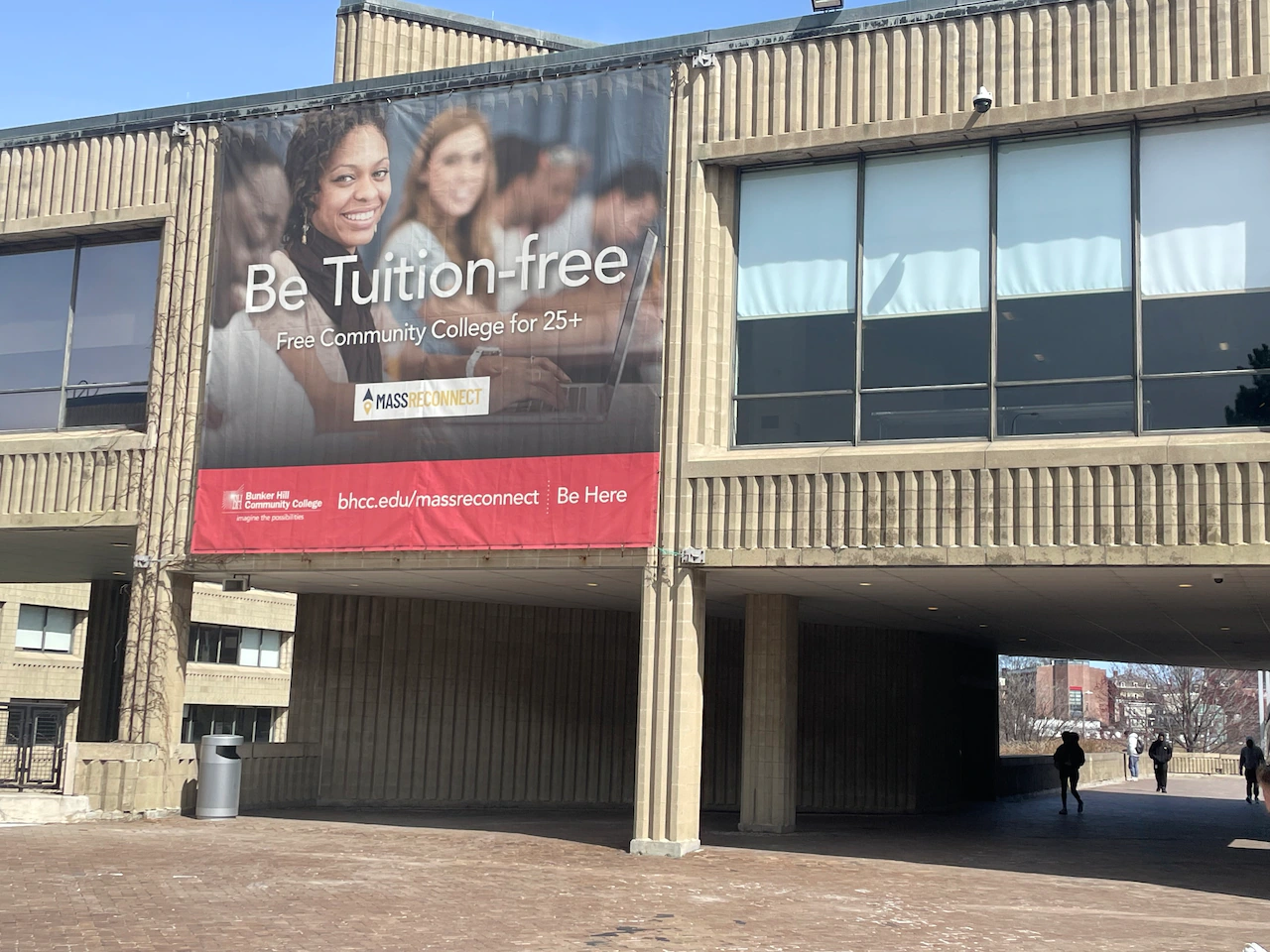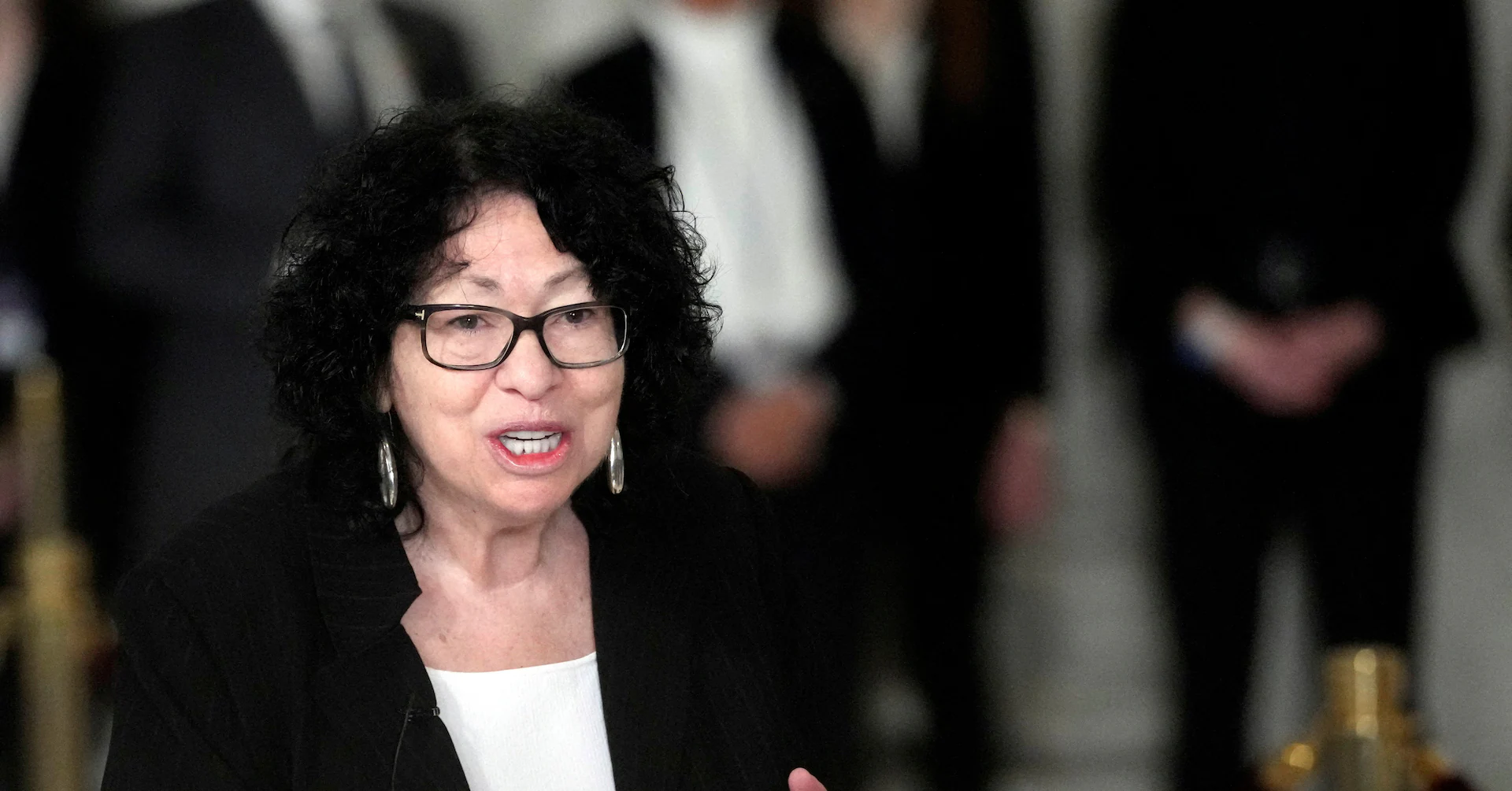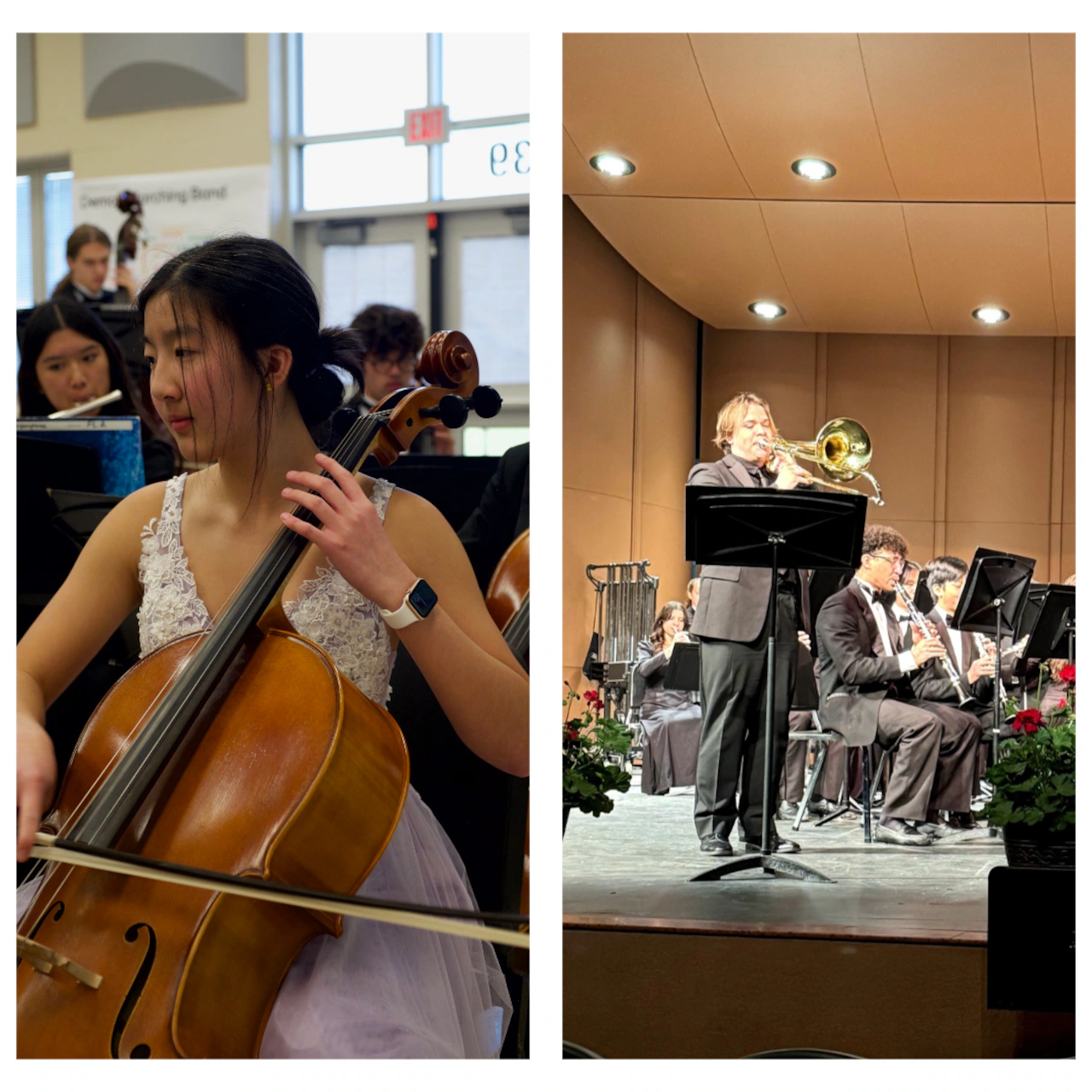
As Amari Pocknett plans her classes for next semester at Cape Cod Community College, her choices aren’t dependent on which ones are the most interesting to her or what required courses she needs to take.
Instead, as the state quietly reduces its need-based stipends for students like Pocknett, she is choosing classes based on where her dollars go the furthest.
She had hoped to retake a statistics course that ruined her consistent presence on the honor roll, but with a $370 rental textbook for the semester, it is “not possible this year,” Pocknett said.
Only a year after the state instituted free community college, community college leaders and students are sounding the alarm about the rollback of funding — and what it could mean for the future of the program.
While tuition and fees are still covered, need-based stipends for the most economically disadvantaged students are being reduced, including for books, supplies and cost of living, by a couple of hundred dollars each.
Other grants are being reduced throughout higher education, not just at the community college level.
The state has updated its website, but hasn’t made a public announcement about the reduction in funding.
“For many of our students, $100 is the difference between coming or not, or is the difference between buying the book or just trying to wing it without the book,” Bill Heineman, president of North Shore Community College, told MassLive.
The reduction in stipend funding is because free community college allocations have been “flatlined” in the state budget compared to the previous year, despite increasing enrollment, according to Bahar Akman Imboden, managing director and founding member of Boston-based education think tank Hildreth Institute.
It’s a troubling “equity implication,” wherein the financially neediest students are the ones who are being impacted the most, while the state is covering tuition and fees for students who could otherwise afford it, Akman Imboden said.
“I’m not suggesting that aid should be cut from anyone, but these programs were designed to expand opportunity, and we should not let the success of the program [get] the lowest income students penalized by that,” she said.
Read more: ‘Bursting at the seams’: Free community college straining resources
In a “challenging budget year,” the state is proud to be continuing to fund free community college and expand financial aid access, Nicole Giambusso, a Department of Higher Education spokesperson, said in a statement.
However, due to increasing enrollment, the department needed to reduce book and supply allotments to prioritize covering tuition and fees and ensure state financial aid stays within budgetary limits, Giambusso said.
“The Healey-Driscoll Administration has doubled state spending on student financial aid, and growing college access remains a priority,” Giambusso said.
The cuts to stipends are worrying to community college leaders, especially as they may signal a progressive decline in state spending on the program and could upend recent upward enrollment trends.
Could this halt an upswing in enrollment?
Since free community college took effect last year, the state has offered a stipend of up to $1,200 per academic year ($600 per semester) for books and supplies to any student and another $1,200 for cost of living if eligible for federal Pell Grants with a student aid index at or below $20,000.
The book and supplies stipend through MASSGrant Plus, which covers the full cost of tuition and fees at four-year public colleges and universities for eligible students, was also $1,200.
However, two weeks ago, after distributing the first half of the stipends to cover the first semester, institutions were notified that there would be reductions to the stipends from $1,200 to $1,000, community colleges told MassLive.
That means a low-income student who receives the full amount of $2,400 throughout the year at community college will have their stipends reduced to $2,000.
In addition, a grant award through MassGrant is being reduced by $200 for those attending four-year institutions, and completion and emergency grants are being eliminated for those attending public institutions. Other grant awards, such as completion and emergency grants, are being eliminated for students attending public institutions, according to Akman Imboden.
The change to the stipends could make a huge difference as to whether a student attends school or not, according to George Timmons, the Holyoke Community College president.
This is especially true for many students who attend community college who are low or middle-income and are living “paycheck to paycheck,” Nate Mackinnon, executive director of the Massachusetts Association of Community Colleges, said.
“Taking away $200 just seems completely unnecessary and is something we are very concerned [about] and don’t want to see our students have an impact like that,” Mackinnon said.
Of the community college presidents MassLive spoke to, none said they would retract the $200 per-stipend already distributed to students this semester. Instead, they will have to adjust the stipend allotments for the spring semester if no other funding is found.
Read more: Billboards from Berkshires to Cape Cod highlight ‘crisis’ at Mass. community colleges
The withdrawal of stipend dollars comes at a time when the program is seeing continued enrollment growth.
From Aug. 11 of last year to this year, there has been a 21.5% increase in the total number of students, or about 12,000 more students served, he said. That number is expected to level off as students go through the add/drop period for classes and show up.
Last year, enrollment increased by 14% compared to Fall 2023. Additionally, first-time college students or new transfer student enrollment increased by close to 26%, according to data from the Massachusetts Department of Higher Education.
The enrollment, however, has come with its challenges, mainly to the workload of staff and faculty and the lack of change in pay despite an increased workload.
Moving forward
It took Melissa Horne nearly three decades to enroll in college after graduating high school and having six children, but free community college motivated her to “put a degree behind my life experiences.”
Enrolling in Northern Essex Community College last year, she put her business on hold and made the leap to become a full-time student, even taking some of her classes with two of her sons, who also attend the college.
However, without running her business, her finances are stretched thin, and the cuts to the full stipend she relied on will hurt not only her but her family, she said.
“It just creates an unnecessary impact on everyone, and then not only does it make an impact on the individual themselves, it makes an impact on your whole class,” Horne said.
Read more: College majors are disappearing as academia tightens its belt
The reductions to the stipends come at a time when the Fair Share Amendment, also known as the “millionaire’s tax,” which helps fund free community college, has collected $3 billion more in tax revenue than last year.
“What actually [is] the most worrying for me is that the money is there,” Akman Imboden, from the Hildreth Institute, said.
The decrease in stipends could only be a warning sign of what is to come, she added.
She worries that it will turn into a “bare bones tuition-free program that really does not provide much of a relief to those who need it the most.”
“This was supposed to be the start of more investment in both access and affordability, but also success in terms of ensuring that these students can stay enrolled and complete,” she said. “And we thought we were going to see more investment coming down in terms of maybe an increased stipend. And now we are realizing and trying to readjust that, no, we are actually going to have to do a lot of work to just safeguard what we thought was already provided.”
However, she and other community college leaders hope that there won’t be more issues with funding in the future, and that the Legislature will work with community colleges to find a different solution to the funding gap.
Sen. Joanne M. Comerford, who is chair of the Joint Committee on Higher Education, said she has seen the program “work well for students across the Commonwealth.”
“While I can understand the need to be fiscally responsible in the face of tumultuous federal cuts to education funding, I hope to continue working with the Healey-Driscoll Administration, legislative partners and community college partners to ensure students have access to the resources they need in order to succeed. Stipends are part of these resources,” she said.



